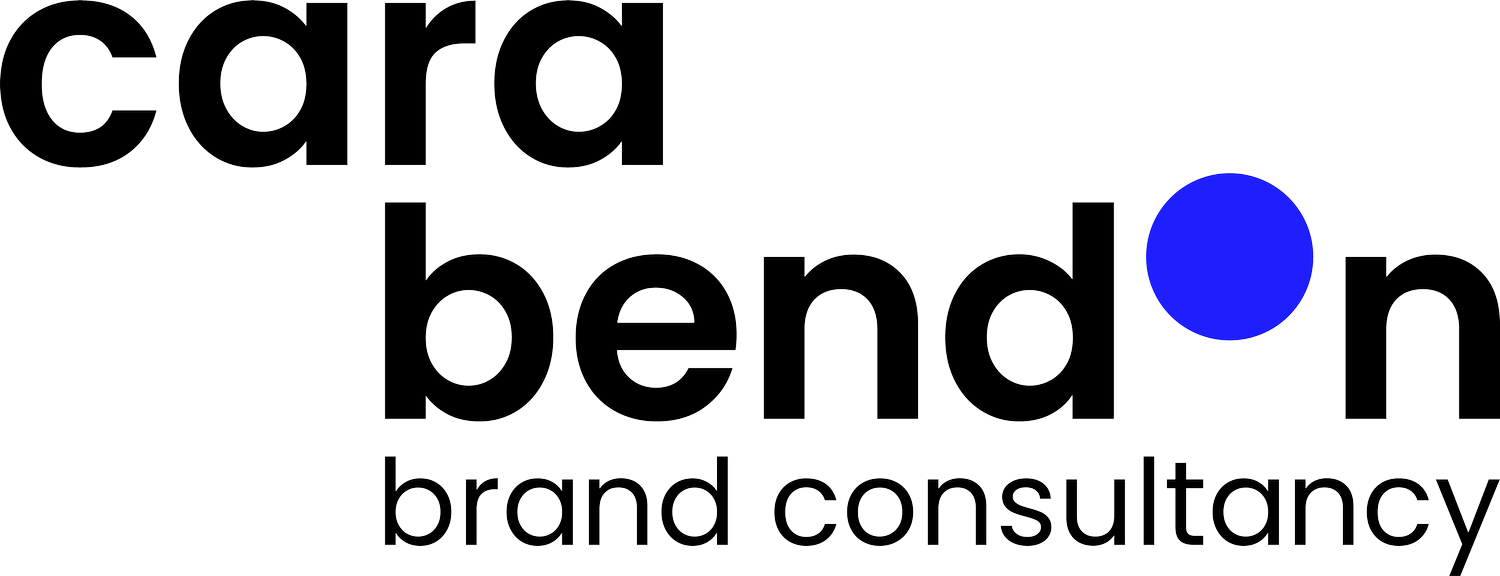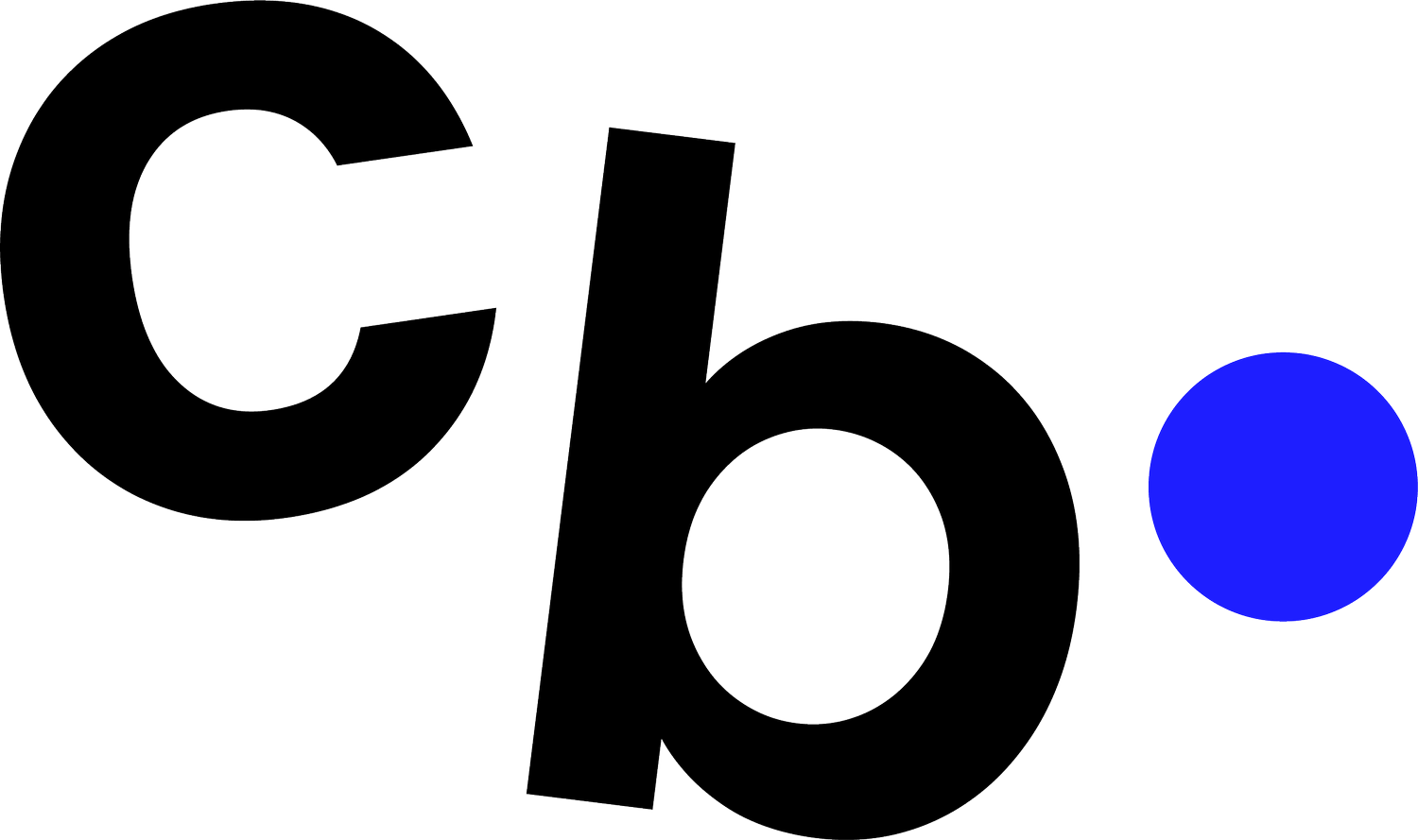Hashtags with a difference
We live in a world where social media can, and is, used to share anything and everything, from cat beards to political petitions, and most of us will have become used to seeing a string of hashtags on almost all posts.
The idea of grouping content with a symbol originated in coding language in the late 1970’s but the # itself become mainstream in 2007, when user experience developer Chris Messina suggested using it on Twitter; and it gained popularity locally first and then globally.
Since then hashtags have become an integral part of modern culture; with most individuals, and many brands using them to group and spread content. In the last few years, big brand names have picked up on this trend and have utilised memorable hashtags as a core part of their campaigns.
Using hashtags is wise for any brand as they enable them to stay relevant, and reach a wider audience, however the following three brands have gone further by creating campaigns that hinge on a shareable hashtag that promotes a message of positivity, more than their brand.
#LikeAGirl
This ad campaign was created by sanitary towel brand Always in 2015.
The hashtag was a deliberate play on the insult “You throw like a girl.” This campaign turned the insult on its head, and encouraged young girls to not self-doubt because of their gender but to embrace it and to prove others wrong.
What makes this campaign special and stands out from traditional adverts for sanitary products is that it doesn’t show or mention the product itself in anyway, instead using the ad slot as a way to showcase the power of girls, and invite discussion about the damage ‘throw away’ comments can have on self esteem. This allows other to share their experiences and helps spread awareness of the brand and topic. The campaign was a huge success with over 62 million views on YouTube, and was shared across all social media channels, and even some news programs.
What’s better is that Always didn’t just take this angle as a marketing move; it’s clear they’re invested in redefining opinions and building confidence in young girls with workshops in schools, a partnership with TED, sponsorship of the Olympics and other resources on their site.
#ThisGirlCan
The advert beings with a woman untucking her swimming costume, as she walks towards a swimming pool. She is neither skinny nor tanned, she looks real, and that’s the power of this campaign from Sports England. This is not the type of imagery we’re used to seeing in advertising. As a running woman declares “I jiggle therefore I am”, the boldness of the message and the pacey edit of this campaign is defiant and inspiring.
This Girl Can is another example of female empowerment in a campaign, this time to motivate women to take part in sport and to be confident in their looks, ignoring societal pressures about this. By showing women of different ages, races and shape wholeheartedly immersed in sports the message is both clear and powerful. The use of the hashtag #ThisGirlCan is a perfect way to tie the campaign together – creating intrigue and searches from those seeing the tube, magazine or television ads; but also encouraging others to join the movement.
#Superhumans
In order to build interest in the upcoming Rio Paralymic games, Channel 4’s ‘We’re the Superhumans’ campaign is a powerful 3 minute showcase of human power and drive, underpinned with the hashtag #superhumans. Featuring a variety of people with different disabilities smashing others’ expectations of them and completing amazing feats of athleticism and skill, the ad proves they can achieve anything. The superhumans campaign works because of its powerful message. They were able to change a stereotype and completely redefine expectation. The hashtag says it all: these athletes are not less capable, they are more so; they are #superhuman.
The success of these campaigns was that they helped boost the confidence of others with bold and empowering messages, notably not the brand names. This added a human dimension to each brand, and of course, by giving a platform to these powerful ‘unbranded’ statements, they are indirectly managing to promote their own brand.
Over to you!
How do you use hashtags in your business? Do you have one that perfectly describes your values, vision or brand aesthetic? Do you have a unique hashtag, or one that your customers happily use to connect back to you? If not, it's well worth thinking of something unique that isn't your brand name to add an extra level to your social media.


